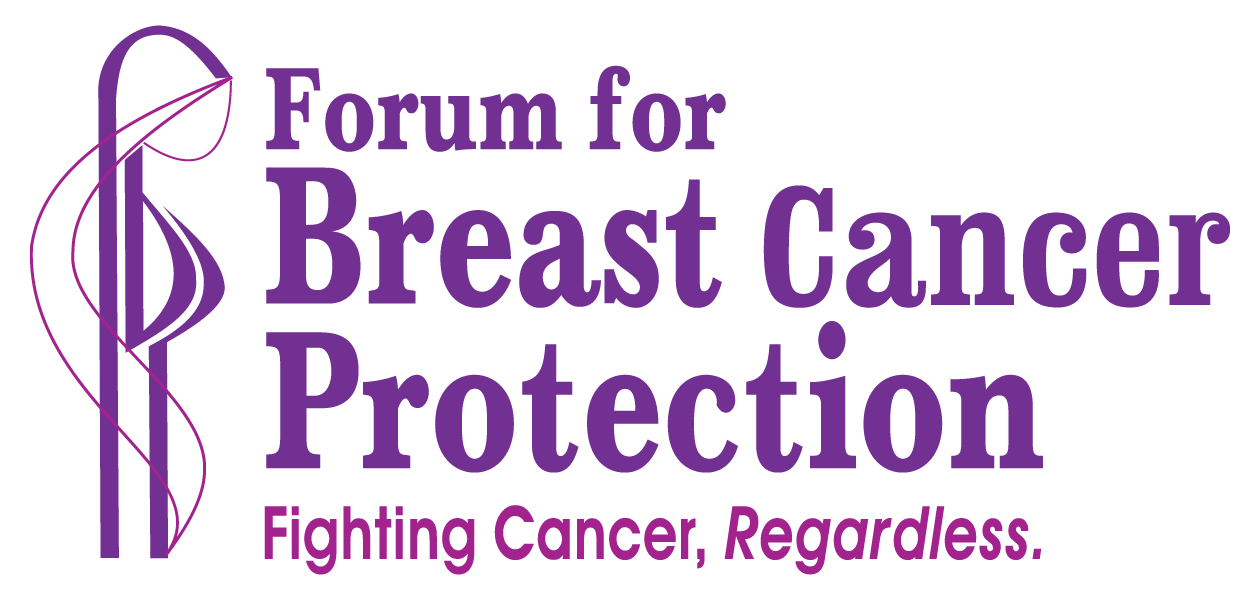Can physical activity reduce the risk of breast cancer?
Exercise boosts the immune system and helps you to keep your weight in check. With as little as three hours of exercise per week, or about 30 minutes a day, a woman can begin to lower her risk of breast cancer.
Can a healthy diet help to prevent breast cancer?
A nutritious, low-fat diet (30 grams or less) with plenty of fruits and green and orange vegetables can help reduce the risk of developing breast cancer. A high-fat diet increases the risk because fat triggers estrogen production that can fuel tumor growth
Does smoking cause breast cancer?
Smoking is a confirmed risk factor for many types of cancer. Research has confirmed that smoking is a contributing risk factor for developing breast cancer. Additionally, second hand smoke is also a risk factor for cancer.
Can drinking alcohol increase the risk of breast cancer?
Moderation is key. One drink per day has been shown to slightly increase the risk of breast cancer. Having more than one drink per day has shown to be a more significant risk factor, and the alcohol content doesn’t matter: wine, beer or a mixed drink. Alcohol also increases estrogen in your bloodstream
Is there a link between oral contraceptives and breast cancer?
There is an increased risk of breast cancer for women who have been using birth control pills for more than five years. However due to the low amount of hormones in birth control pills today, the risk is relatively small. But if a young woman has a significant family history of breast cancer, her gynecologist may recommend taking a break for a year from the pill at the 5-year time frame then resuming again for another 5 years. Talk to your doctor about your risks of breast cancer.
Is there a link between hormone replacement therapy (HRT) and breast cancer?
Yes, there is. It is recommended that women with known risks of developing breast cancer not be placed on HRT to control of menopausal symptoms. They should instead seek other safer alternatives
How often should I do a breast self exam (BSE)?
Give yourself a breast self-exam once a month. Look for any changes in breast tissue, such as changes in size, feeling a palpable lump, dimpling or puckering of the breast, inversion of the nipple, redness or scaliness of the breast skin, redness or scaliness of the nipple/ areola area, or discharge of secretions from the nipple.
If you discover a persistent lump in your breast or any changes, it is very important that you see a physician immediately. Though 8 out of 10 lumps are benign, all require evaluation to confirm that they are not cancerous.
Women should perform their breast self exam 7-10 days after their menstrual period starts which is also when their breasts are the least tender and lumpy. If they are no longer menstruating, then she should select the same day of the month (first of the month for example) and mark it on the calendar to remind herself when to perform this self exam. What to look for is a change from last month’s exam to this month’s exam. It is not unusual to have lumpy or bumpy breasts.
All women should know the geography of their own breasts. If having trouble remembering, draw a diagram of where the lumps, bumps, grooves, and other findings are felt so that this can be used as a reminder from month to month. There is no added value in doing breast self exams more often than monthly. Also the findings may be different as well, in relationship to where a woman is in her menstrual cycle.
Are mammograms painful?
Mammography does compress the breasts and can sometimes cause slight discomfort for a very brief period of time. Patients who are sensitive should schedule their mammograms a week after their menstrual cycle so that the breasts are less tender.
Does wearing an underwired bra increase my risk of breast cancer?
No, it doesn’t. But if your bra is too tight or too small the underwires can dig into your breasts and cause discomfort, pain or inflammation.
Can an injury to the breast cause breast cancer?
An injury such as falling or being hit in the chest will not cause breast cancer. It may cause bruising and swelling to the breast, which can be tender or painful to touch.
Can a woman have a mammogram if she has her breasts emlarged with silicone implants?
Yes she can. The mammogram (breast x-ray) may not be as clear because the implants can obscure some of the breast tissue so other tests may also be done.
Do deoderants and antiperspirants cause breast cancer?
No, There is no scientific evidence ot link deoderants or antiperspirants to breast cancer

